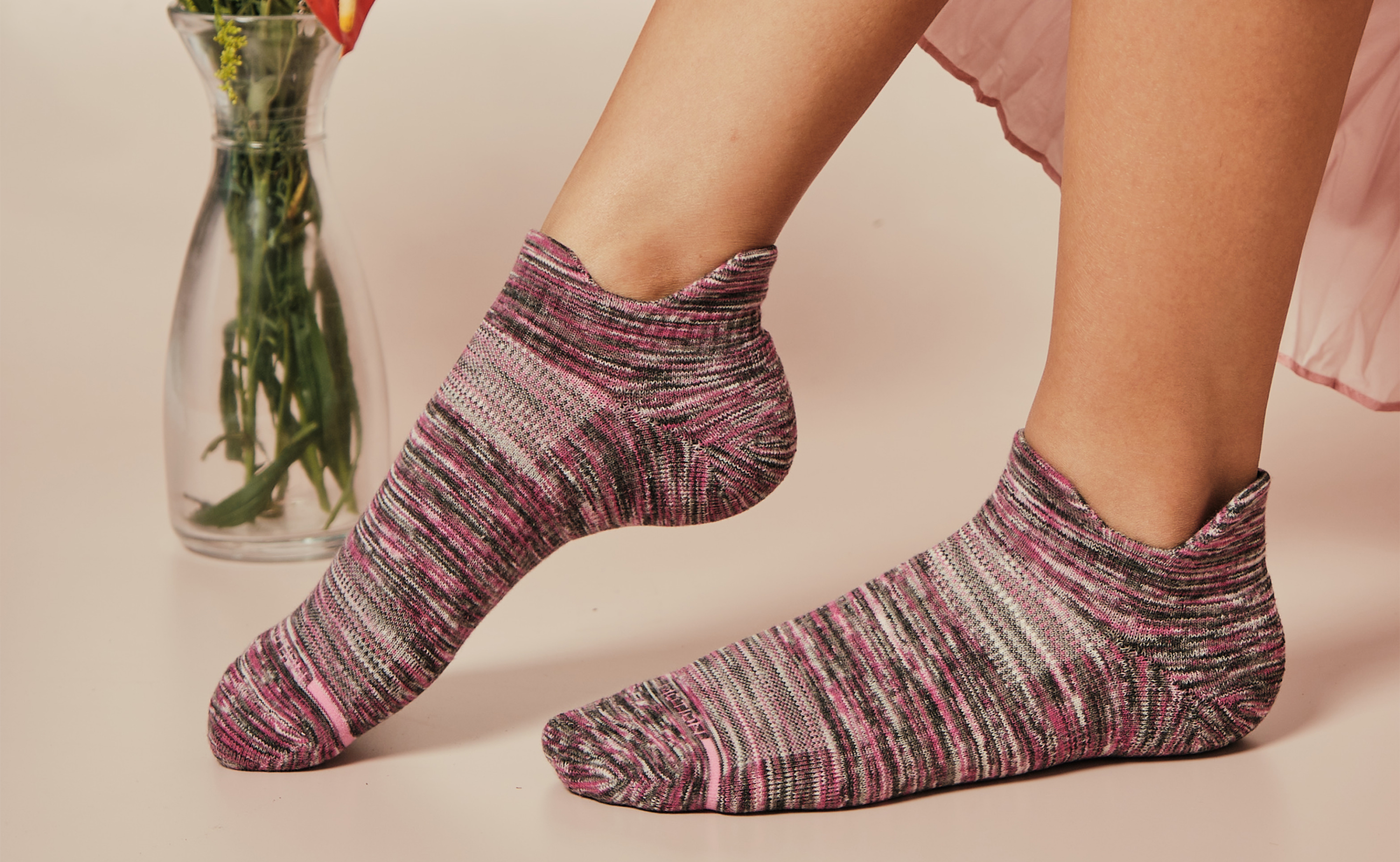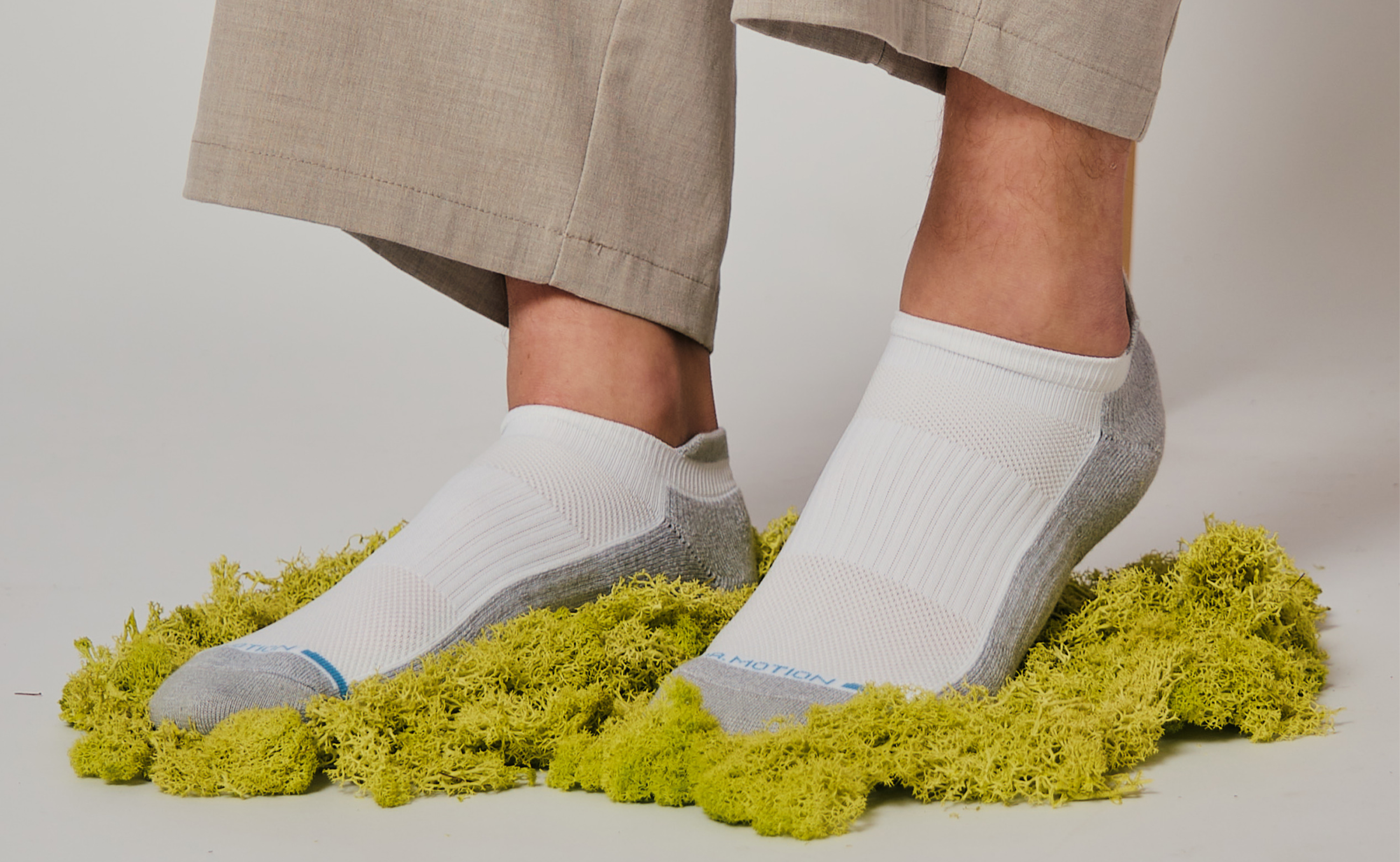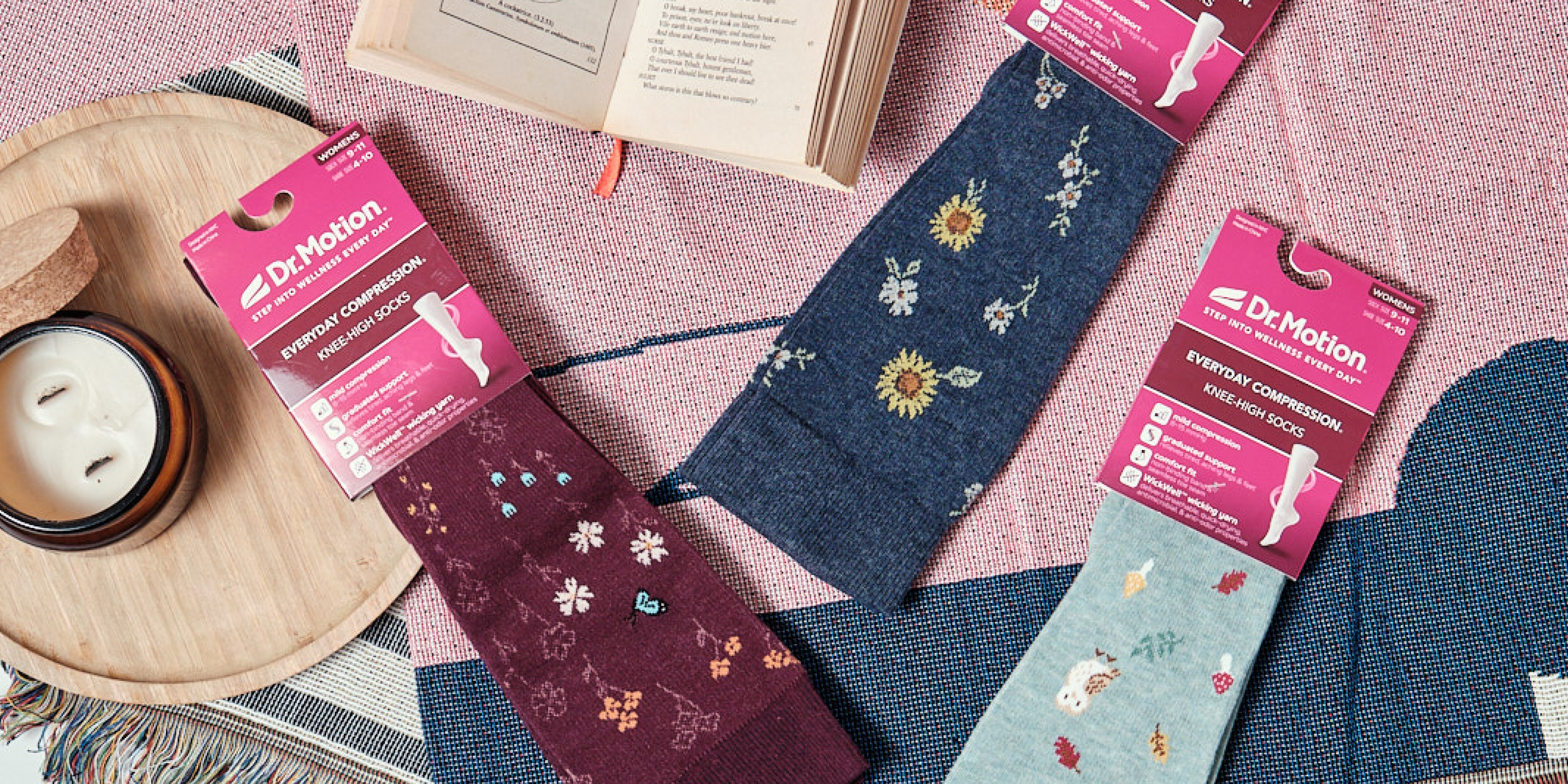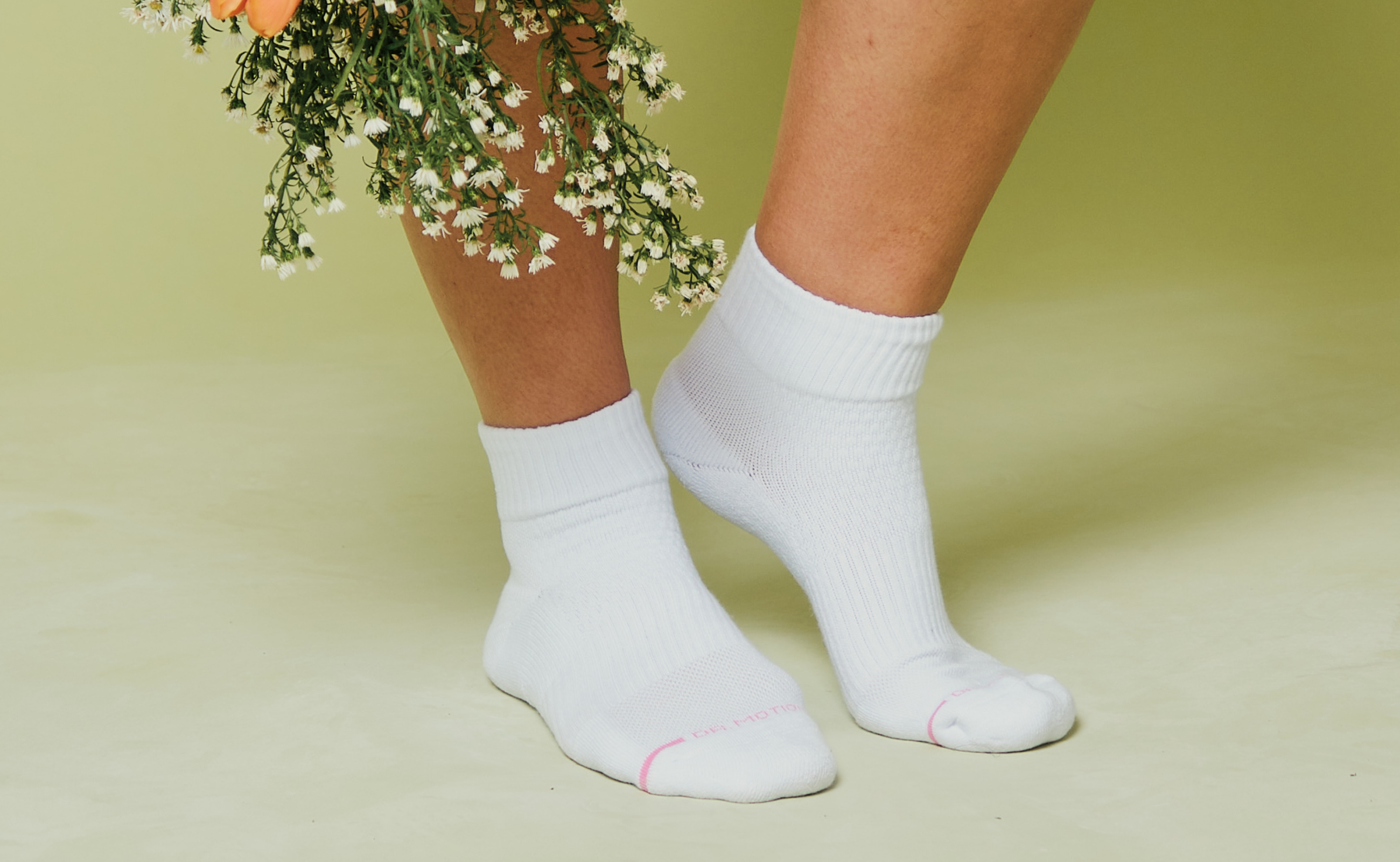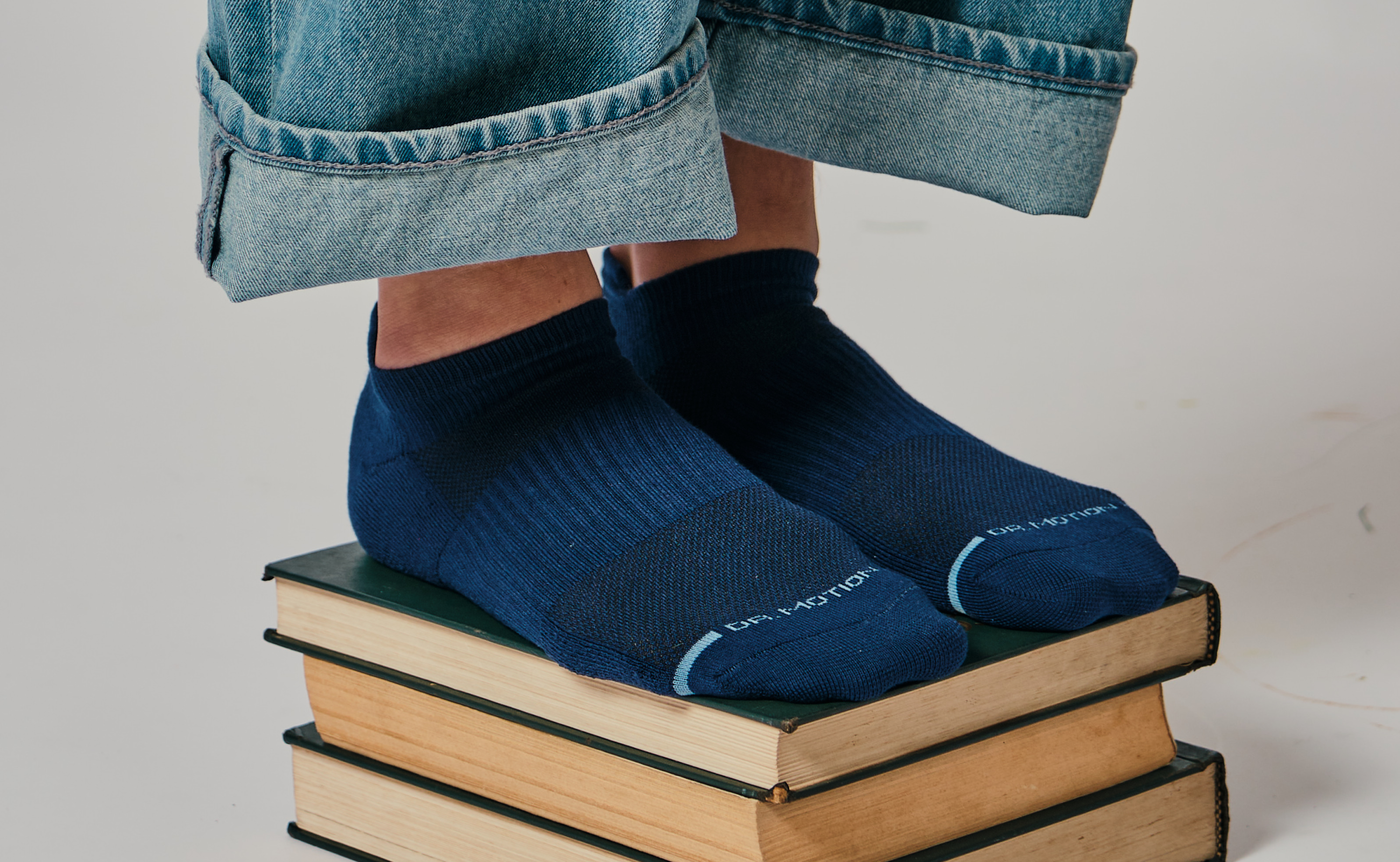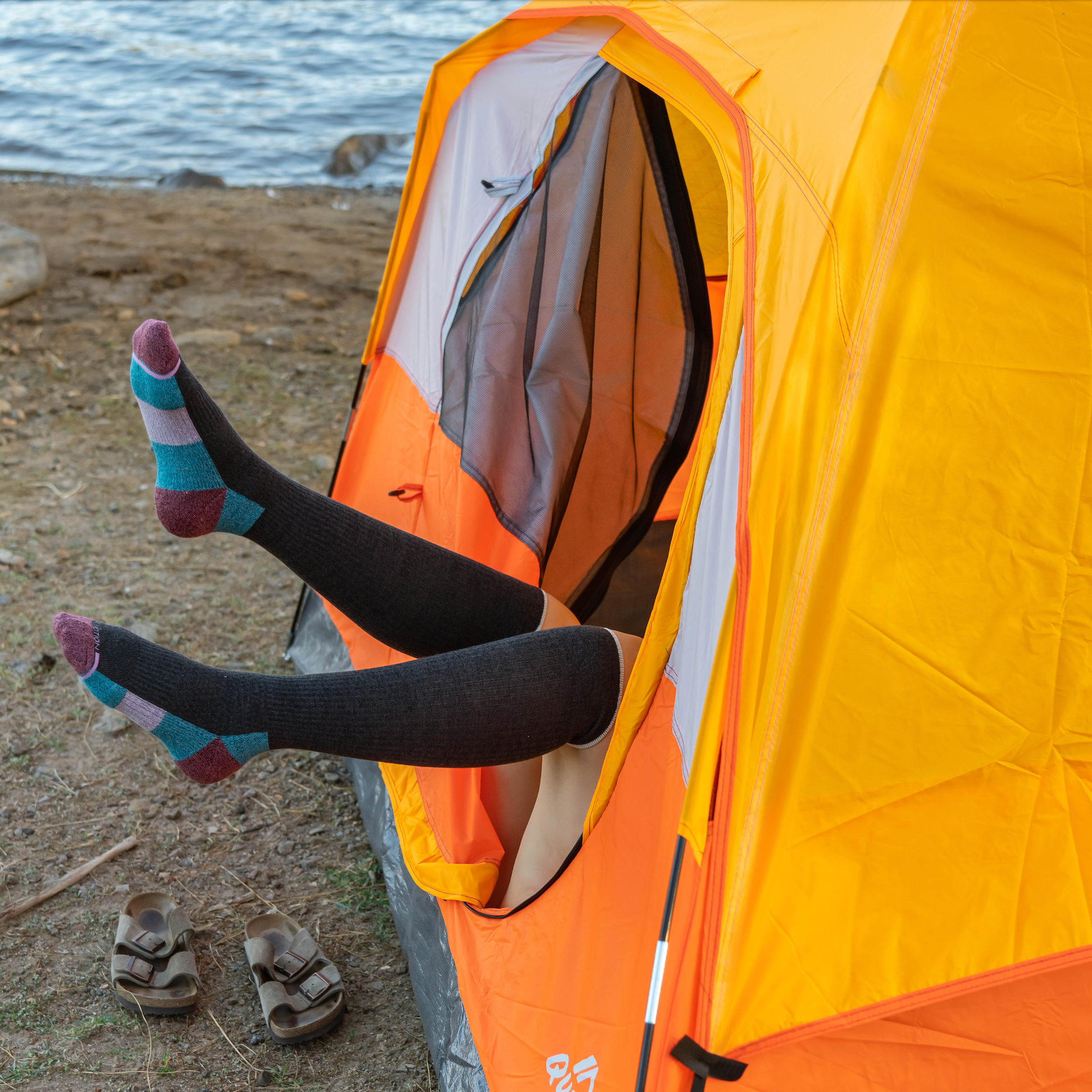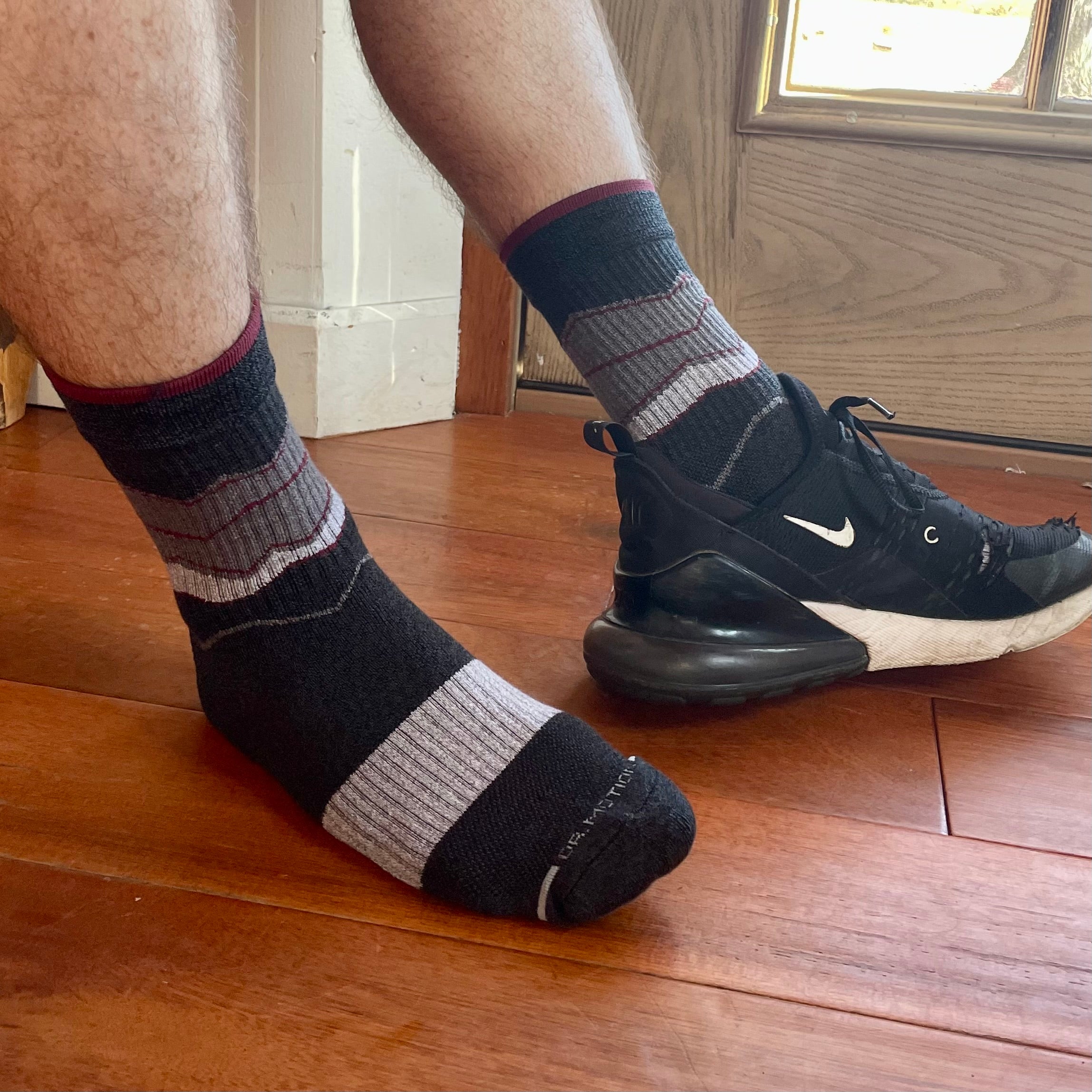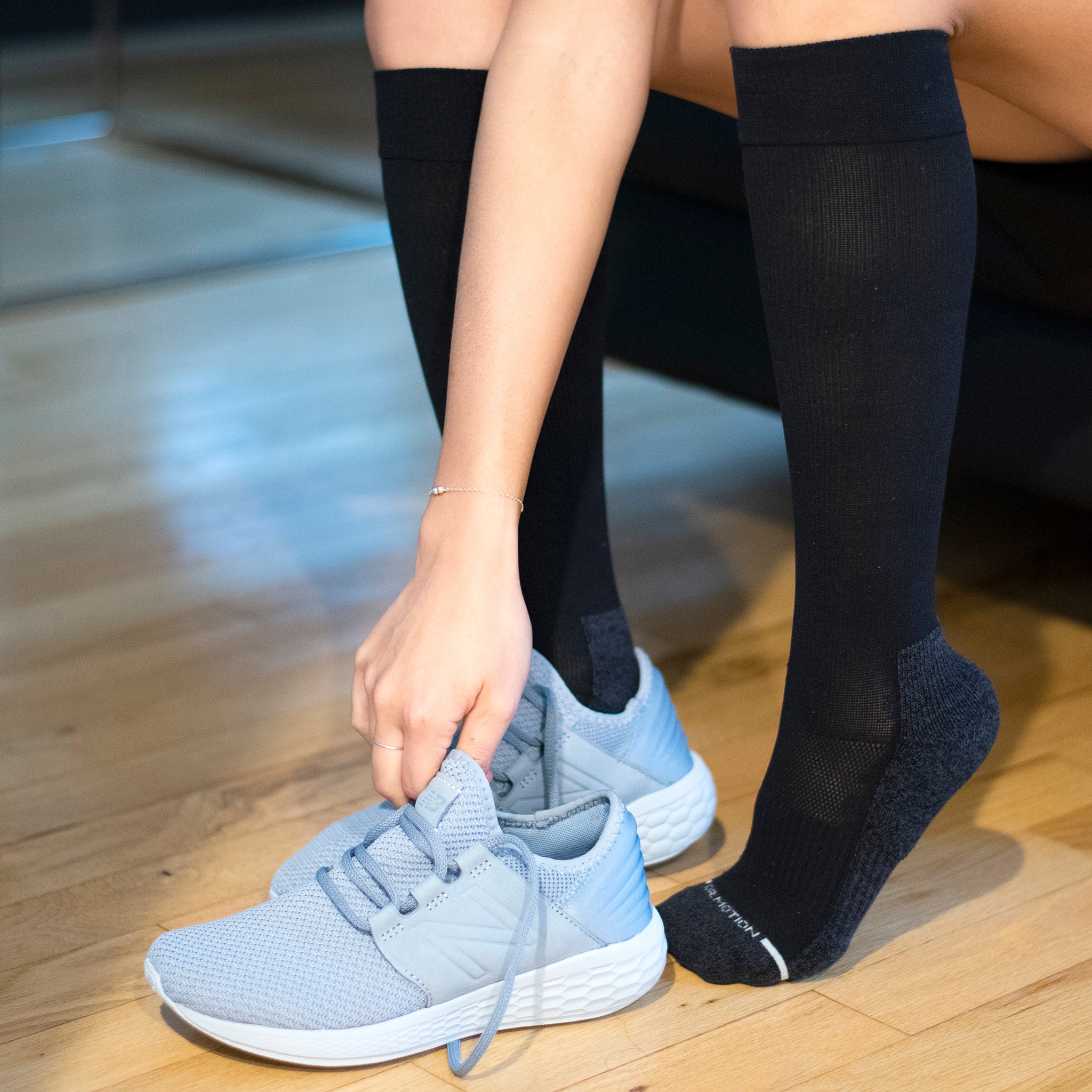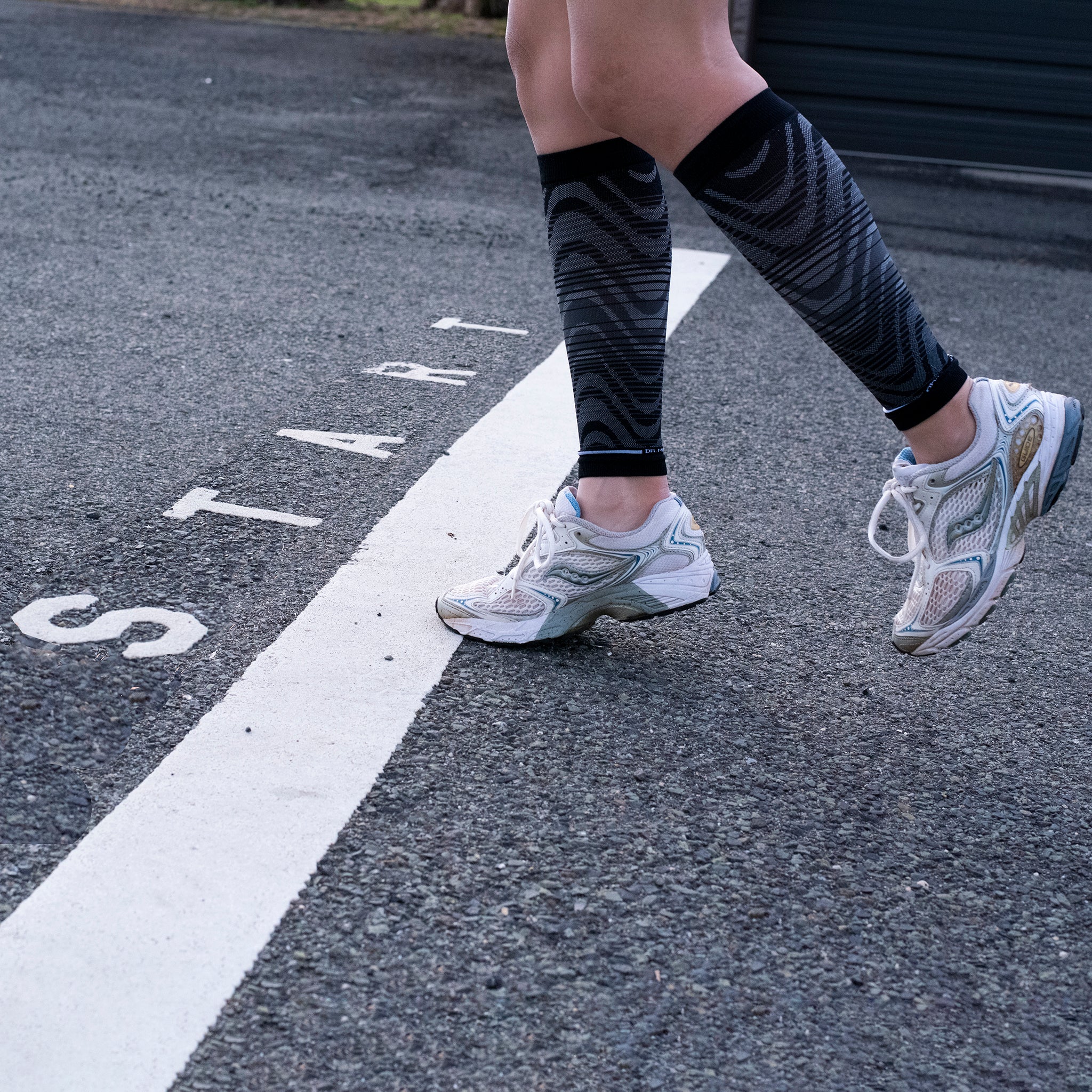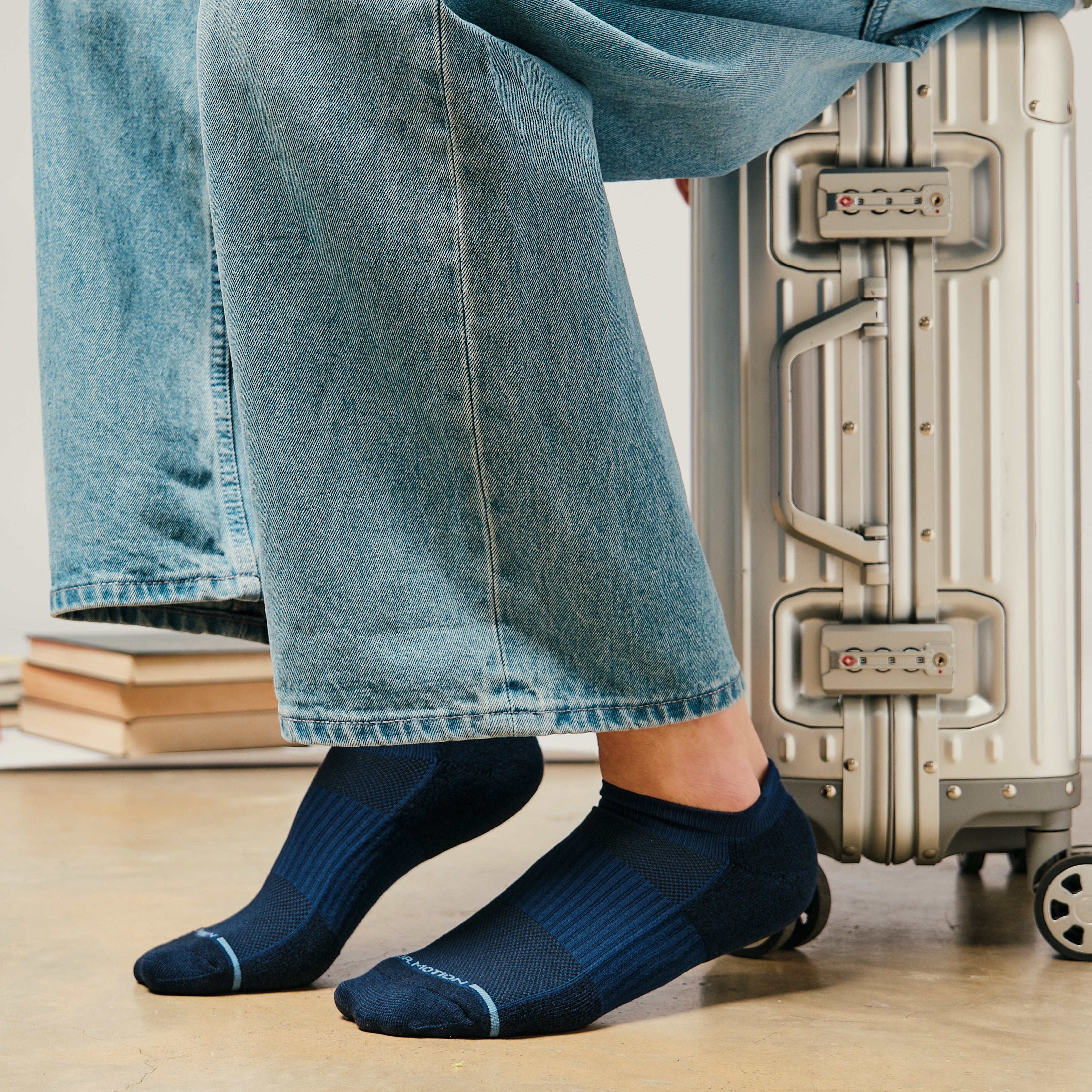Beat the Chill: Your Winter Running Gear Survival Guide
It’s 6 a.m., and your alarm buzzes. Outside, the frost clings to the windows, and a chilly wind whispers through the cracks. The thought of stepping out into the cold for your morning run feels like an uphill battle before you’ve even laced up your shoes. Cold winds, frosty mornings, and shorter days can make winter running feel tough. However, equipping yourself with must-have winter running gear can make all the difference. This guide highlights essential items to keep you warm, safe, and performing at your best.
Base Layers: The Essential Shield Against the Winter Chill
A proper base layer is crucial for staying comfortable during winter runs. These layers form the foundation of your winter running apparel. Here’s what you need to know about choosing the right base layer:
-
Moisture-Wicking Properties
When running in cold weather, sweat can rapidly alter temperature, leading to discomfort and potentially hypothermia. A moisture-wicking base layer draws sweat away from your skin, keeping you dry and preventing that cold, clammy feeling.
-
Body Temperature Regulation
The right base layer helps regulate your body temperature, ensuring you stay warm without overheating. It balances warmth and breathability, keeping you at ease throughout your run.
Our Winter Collection offers compression socks that provide warmth and support during winter runs. Designed with sorbtek polyester and spandex, these socks offer effective compression to enhance circulation, reduce swelling, and provide breathability. Available in various lengths and designs, you can choose the best fit for your needs.
The Ultimate Outerwear: Keep the Cold Out and Comfort In
Winter weather can be unpredictable, so the right outerwear is essential. We suggest looking for windproof and waterproof jackets. These shield against icy gusts and rain without trapping heat. Modern fabrics offer a balance of protection and breathability. This ensures you stay comfortable no matter the intensity of your run.
For added safety, consider jackets with reflective elements. Shorter daylight hours mean many runs occur in low-light conditions. Reflective jackets improve visibility. This makes you noticeable to vehicles and other runners.
Finish Strong:Winter Running Accessories That Make a Difference
Accessories are often overlooked. However, they play a vital role. From head to toe, the right additions enhance your winter running experience. Let’s look at some:
-
Feet
Warm, moisture-wicking socks are essential to keep your feet dry and blister-free. In cold weather, wet feet can lead to discomfort and even frostbite. We suggest wearing compression socks, as they offer thorough protection. However, their added benefits are hard to ignore. These include improved circulation and muscle support. Our collection combines thermal properties with advanced support, making them ideal for winter jogging gear.
-
Hands and Head
Heat escapes rapidly from the extremities, so gloves and hats are non-negotiable. Look for thermal gloves that balance warmth with flexibility. They should allow you to adjust shoelaces or use touchscreens without removing them. Headbands or thermal hats provide insulation for the ears and head. This ensures you retain body heat on chilly runs.
-
Neck and Face
Neck gaiters or buffs are versatile solutions for protecting your neck and face from biting winds. They can be pulled up to cover your mouth and nose. This warms the air you breathe and reduces exposure to the cold. Opt for materials that wick moisture while offering insulation. With these, you will stay comfortable even during intense exertion.
Traction That Matters: Winter Running Shoes for Safe Strides
Winter running shoes are your safeguard against slippery surfaces and freezing temperatures. Proper traction is crucial when running on icy roads or snowy trails. We recommend looking for shoes with outsoles made from sticky rubber or designed with deeper lugs. These will help you enhance your grip.
Warmth and breathability are equally important. Shoes with insulated uppers and water-resistant materials protect against the cold. While these materials help keep your feet warm and dry, breathable fabrics are essential for preventing sweat buildup. Breathable linings allow moisture to escape, ensuring your feet stay dry and comfortable, which helps avoid discomfort and blisters.
Ready for Winter Running? Here’s Your Must-Have Checklist
Now that we've covered the essentials in detail, let’s quickly run through the checklist to ensure you’re fully equipped for your winter runs:
Clothing:
- Thermal tops and leggings
- Compression tights
- Waterproof jacket
Accessories:
- Compression socks
- Gloves
- Thermal hat or headband
- Neck gaiter
- Hydration pack
Gear:
- Winter running shoes
- Reflective vest
- Traction cleats
Why Compression Gear Matters for Winter Running
Up until now, we've had a surface-level understanding of compression gear. So, let’s dive deeper and explore how it works and why it’s so beneficial, especially for winter running:
-
Improved Circulation
Compression gear, such as tights, socks, and sleeves, works by applying gentle pressure to the muscles, encouraging blood flow. This improved circulation helps prevent muscle stiffness, which is especially important in the colder months.
-
Enhanced Oxygen Delivery
With better circulation, compression gear ensures that oxygen reaches your muscles more efficiently. This helps reduce fatigue, allowing you to run longer and perform better.
-
Prevents Muscle Strain
Compression gear minimizes muscle vibrations, which can lead to soreness or strain. The supportive design ensures that muscles stay stable, reducing the risk of overexertion or injury.
-
Keeps Muscles Warm
Cold temperatures can reduce circulation, making muscles more prone to cramping and tension. Compression gear helps maintain muscle warmth, reducing the likelihood of post-run cramps.
-
Speeds Up Recovery
Not only does compression gear help during runs, but it also aids in post-run recovery. By improving circulation and reducing muscle vibration, it accelerates recovery, allowing you to hit the next run with less soreness.
Recover Right: Post-Run Care for Winter Running Enthusiasts
After braving the cold, taking care of your recovery is important. Apart from our suggestion of wearing compression gear, rehydration is important, especially since cold weather can mask feelings of thirst. Be sure to replenish fluids to aid your body’s recovery. Additionally, stretching after your run helps maintain flexibility, preventing muscles from tightening in the colder temperatures.
Upgrade Winter Running Essentials for Optimal Performance
Winter running presents its challenges. By investing in the right cold-weather running gear, you transform the season into an opportunity for growth. Compression gear, moisture-wicking apparel, and protective footwear work together to keep you warm, safe, and motivated.
If you’re ready to level up your winter running experience, we recommend checking out the collection of compression calf sleeves, socks and tights at Dr. Motion. These are crafted for those seeking enhanced performance and recovery. With a wide range of sizes, designs, and colors, you’re sure to find a pair that fits your needs.
Disclaimer: This article provides information solely for educational purposes, including but not limited to text, graphics, images, and other materials contained herein. This article is not intended to substitute for professional medical advice, diagnosis, or treatment. Always seek the advice of your physician or other qualified healthcare provider with any questions you may have regarding a medical condition.


